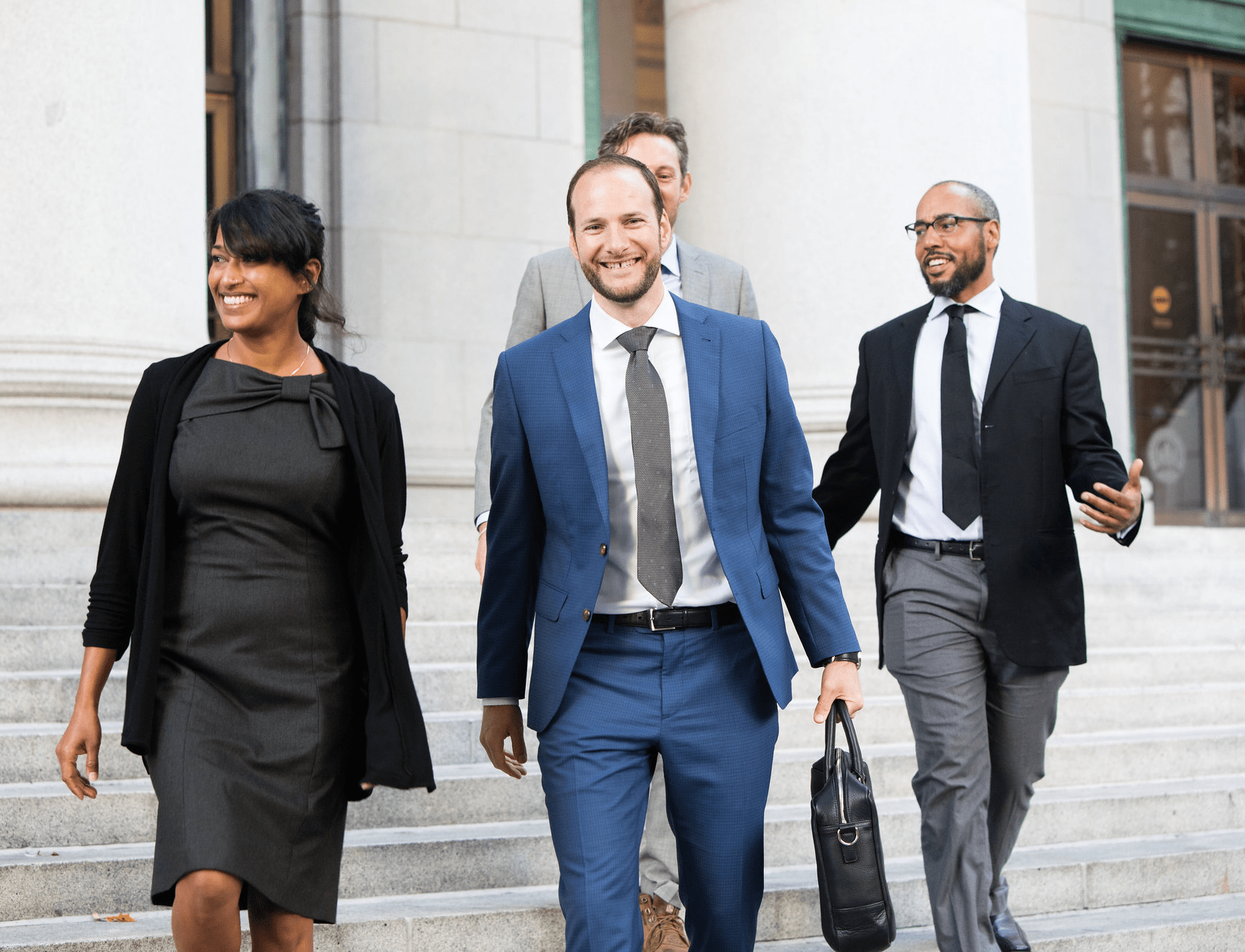Chesa Boudin Sworn In as San Francisco’s New District Attorney
The former deputy public defender promised that his office would immediately end cash bail and stop seeking three-strikes sentencing enhancements.

Chesa Boudin, a former San Francisco deputy public defender elected as the city’s new district attorney last fall, was sworn into office Wednesday evening by Mayor London Breed. Boudin, a reformer who ran on a platform of ending mass incarceration, eliminating cash bail, and tackling racial disparities in law enforcement, reiterated his commitment to overhauling the office before a capacity crowd at the Herbst Theatre.
“Until we distribute opportunities with more equity, until the institutionalization of punishment and retaliation is replaced with the institutionalization of restoration and redemption—until then, we will continue to fail those harmed by crime,” he said. He called on attendees to reject the notion that “to be free we must cage others,” and that “jails and prisons should be the primary response to all our social problems.”
Jimmie Fails, who co-wrote and starred in the 2019 film “The Last Black Man in San Francisco,” hosted the event, and U.S. Supreme Court Justice Sonia Sotomayor delivered a congratulatory address by videoconference.
“We know that there is a balance between justice and fairness, and I appreciate that Chesa Boudin understands that balance,” Breed said, hours after her own swearing-in ceremony. “We can hold people accountable, and we can make sure that there is fairness in our criminal justice system.”
Boudin’s supporters say that what he does next could have ripple effects far beyond San Francisco. Among his first challenges in office will be to decide whether to file charges in a handful of police-involved shootings.
“The Bay Area serves as a vanguard for the rest of the country,” said Cat Brooks, an anti-police violence activist and former Oakland mayoral candidate who endorsed Boudin. “If we can get things like prosecutions of cops who kill, or the legalization of sex work, or the decriminalization of being homeless—those are things we can use as organizing tools for the rest of the region, the state, and ultimately the country.”
Boudin is the latest progressive candidate to win a major city’s district attorney race, following the likes of Kim Foxx in Chicago, Larry Krasner in Philadelphia, and Rachael Rollins in Boston—all of whom endorsed Boudin. His approach is informed by a lifetime of experience with the legal system: Boudin’s parents, Kathy Boudin and David Gilbert, are former Weather Underground members who were sentenced to decades behind bars for their roles in a 1981 armored-car robbery in which two police officers and a guard were killed. Kathy Boudin, released in 2003, attended the inauguration ceremony, while Gilbert remains incarcerated.
Boudin defeated Suzy Loftus by fewer than 3,000 votes in a hotly-contested election—the city’s first open race for district attorney in more than a century. Breed had appointed Loftus as interim district attorney in October, following the sudden resignation of George Gascón, who is now running for Los Angeles district attorney.
Loftus had the support of much of the local political and cultural establishment: Breed, along with U.S. Senators Dianne Feinstein and Kamala Harris, Governor Gavin Newsom, and the editorial board of the San Francisco Chronicle, among others. Law enforcement-affiliated organizations spent some $650,000 opposing Boudin, and the city’s Police Officers Association donated $3,500 to a pro-Loftus political action committee.
Though the police union opposed Boudin, his supporters are optimistic that he’ll be able to work with them going forward. “The POA does not represent the rank and file, and Chesa has a strong relationship with the chief of police [Bill Scott],” said Lara Bazelon, a Boudin supporter and University of San Francisco School of Law professor. She noted that he’d made outreach efforts to different stakeholder groups, including those who vocally backed other candidates, in the months since the election.
“I think there is potential bridge-building, even with people who were extremely aggressive in trying to take him down,” she said.
